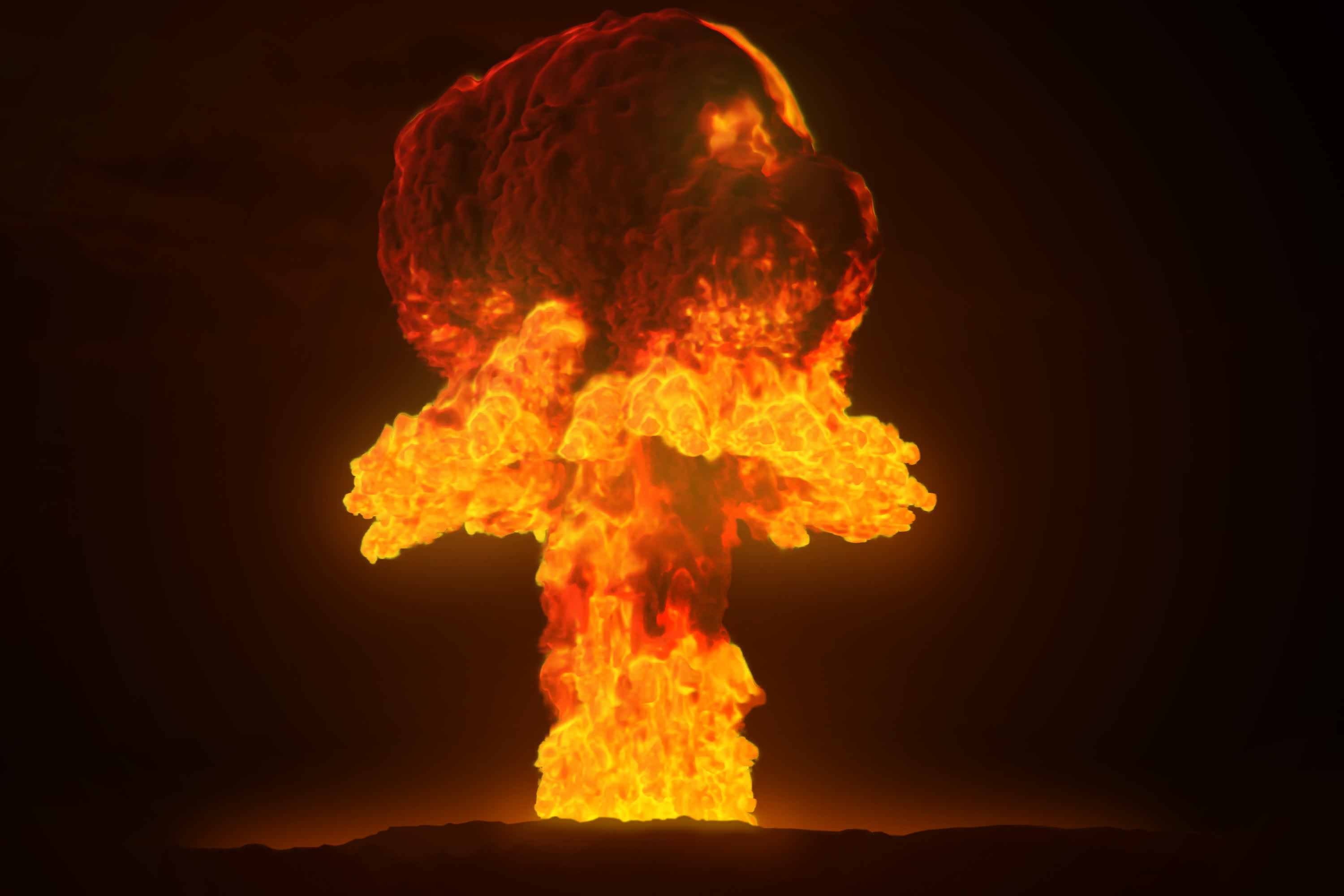Tech
US seeks assurance from China and Russia that AI will never control their nuclear weapons

What just happened? If you think the prospect of artificial intelligence controlling fighter jets, drones, and machine gun turrets is concerning, think about the potential ramifications of AI making decisions on the deployment of nuclear weapons. The US is one of the countries that has declared control over nukes will also rest in human hands, and it wants China and Russia to make the same promise.
State Department arms control official Paul Dean told an online briefing that Washington has made a “clear and strong commitment” to keep humans in control of nuclear weapons, not AI. Dean added that both Britain and France have made the same commitment.
“We would welcome a similar statement by China and the Russian Federation,” said Dean, via Reuters. “We think it is an extremely important norm of responsible behaviour and we think it is something that would be very welcome in a P5 context.” P5 is a reference to the five permanent members of the United Nations Security Council: China, France, Russia, the United Kingdom, and the United States.
China and the US resumed nuclear weapons discussions in January, though formal arms control negotiations could take time. The Asian nation, which is expanding its nuclear weapons capabilities, said that the largest nuclear-capable countries should negotiate a no-first-use treaty between each other.
Russia’s nuclear weapons have been especially worrying since its invasion of Ukraine. President Vladimir Putin said in February 2023 that he was suspending participation in the START treaty, an agreement between Russia and the US to reduce and limit their nuclear arsenals and allow the nations to inspect each others’ nuclear weapons facilities.
AI-controlled weapons are advancing at a frightening pace. Last month brought news that the US Air Force successfully tested a fighter jet flown by AI in dogfights against human pilots. There were similar stories last year, including US plans to counter the China threat with a massive AI-powered fleet of autonomous drones and systems. We also heard about Israel’s increasing use of these weapons.
Elon Musk was one of many experts who called for a ban on AI-controlled weapons in 2017. In response, the army said that the final decision to engage a target always rests with humans, not machines.










